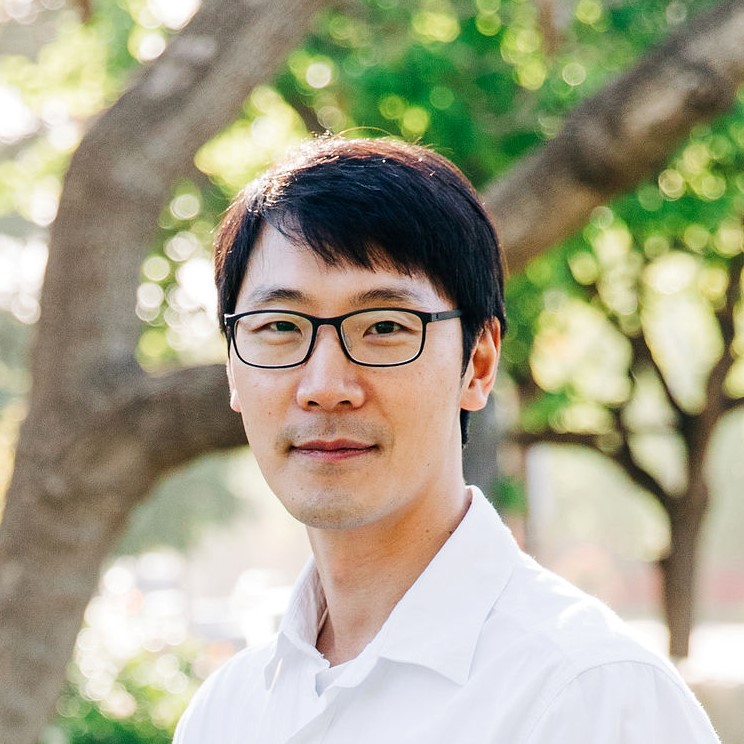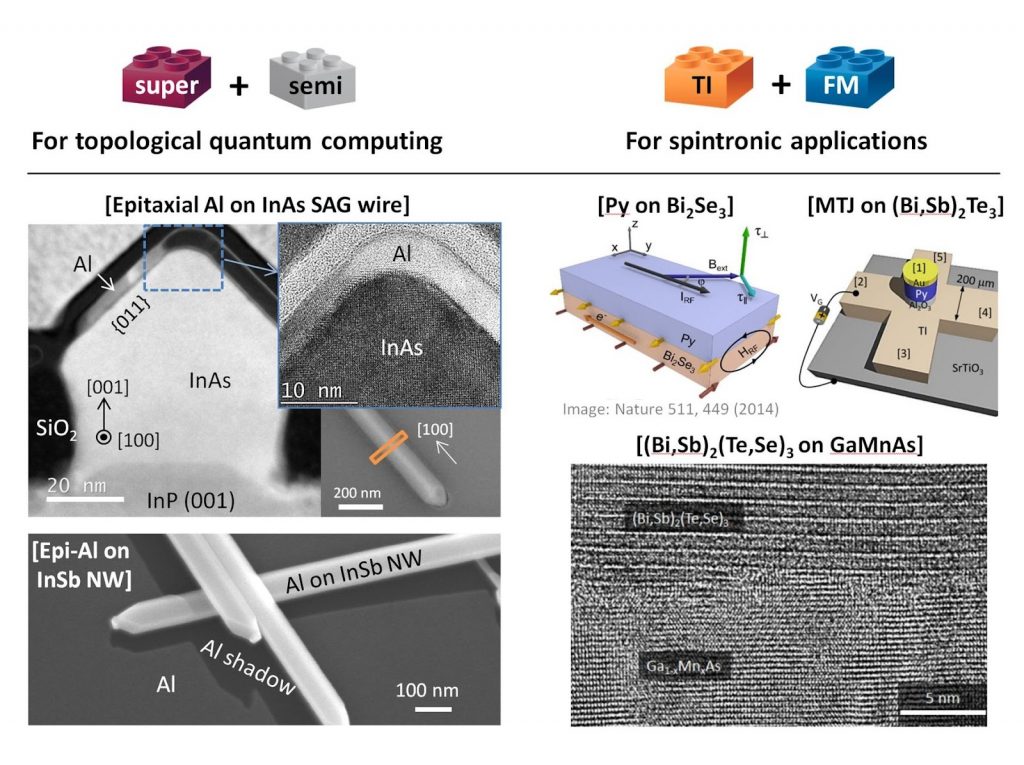
[email protected]
Assistant Professor of Physics and Astronomy, University of Tennessee, Knoxville
Research focus: Quantum Materials, e.g. synthesis, molecular quantum systems, 2D materials, quantum magnetism, strongly correlated electron systems, Quantum Control and Measurement, e.g. spectroscopy, out of equilibrium quantum measurement and sensing, transport, and devices.
Website http://lee.utk.edu
Bio
Joon Sue Lee earned his Ph.D. in physics in 2014 from the Pennsylvania State University. He joined the Department of Physics and Astronomy at the University of Tennessee, Knoxville as an assistant professor in 2020. He is an experimental condensed matter physicist. Central theme of his research is development of quantum materials, prepared by “epitaxy”, and quantum devices for unveiling fundamental quantum phenomena as well as for exploring future device applications. His research interests span various topological states of matter such as topological insulators and topological superconductors, low-dimensional semiconductors, superconductor-semiconductor hybrids, and applications for nanotechnologies, spintronics, and quantum computing. His experimental schemes include molecular beam epitaxy; structural, electronical, and magnetic characterizations; fabrication of mesoscopic and nanoscale devices; and electrical transport at cryogenic temperatures.
Research Description
Quantum materials, in general, are materials whose electronics properties are understood by laws of quantum mechanics. Interactions between electrons at the atomic and subatomic scales result in exotic quantum phenomena, such as interference, tunneling, quantum fluctuations, quantum entanglement, and topologically non-trivial behaviors. Our research on quantum materials includes materials synthesis, characterization, evidencing the quantum phenomena, and manipulation of the quantum behavior for potential applications. We develop low-dimensional semiconductor systems, such as 1D nanowires and 2D electron gases as well as topological materials including topological insulators and semimetals. Our research extends to quantum devices for unveiling fundamental quantum phenomena and exploring future device applications.
Recent research
https://doi.org/10.1126/sciadv.aaz8463
https://doi.org/10.1103/PhysRevMaterials.3.104406
https://doi.org/10.1103/PhysRevMaterials.3.104406
https://doi.org/10.1038/s41467-018-05166-9
https://doi.org/10.1103/PhysRevMaterials.3.014408
Research Image
